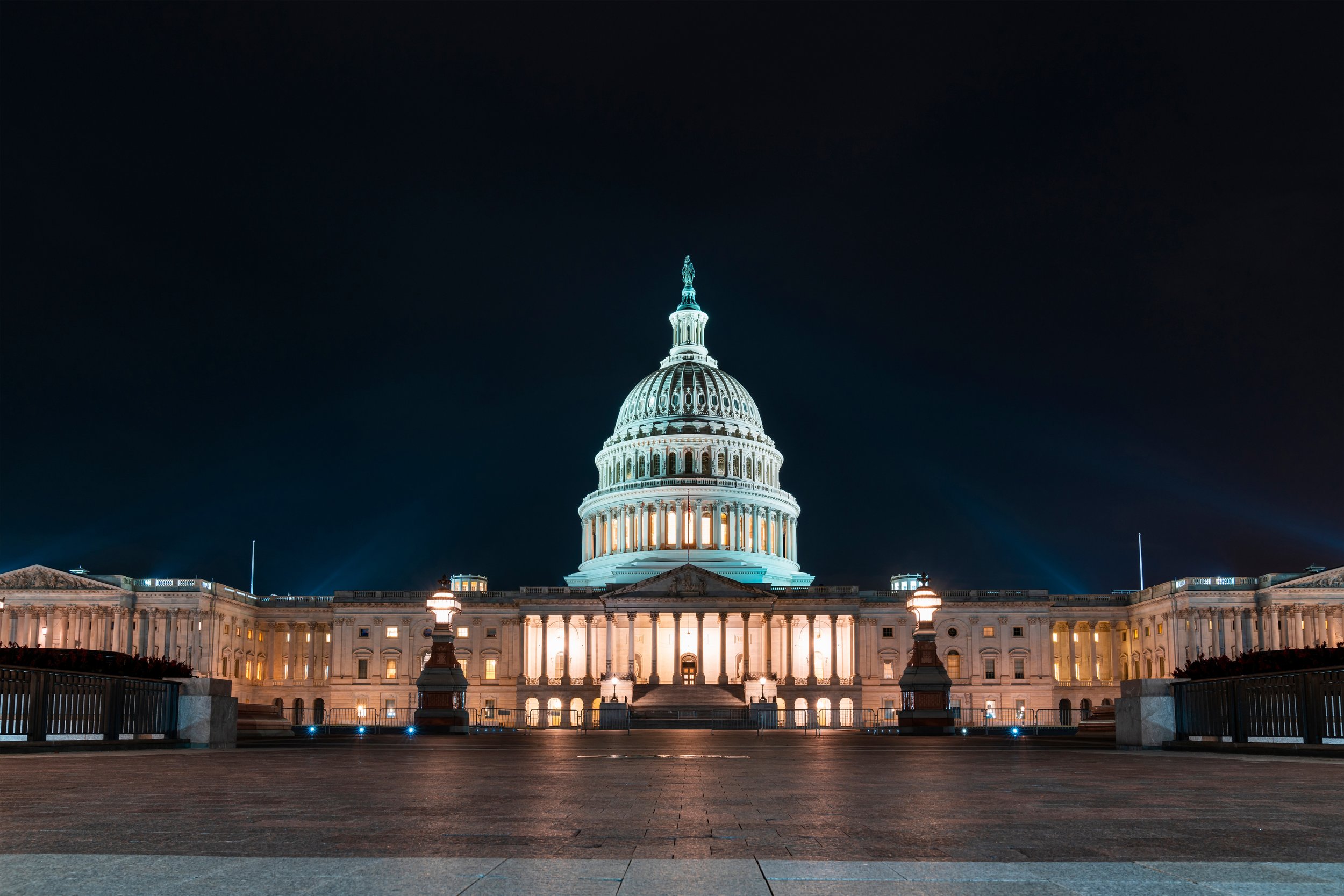Most Appropriations Bills Clear Committee But Time Ticking to Avoid Short-Term Resolution
Congress is making progress in passing appropriations legislation for fiscal year (FY) 2025, but it likely will not be enough to avoid the need for a continuing resolution (CR) before the current fiscal year ends on September 30, 2024.
The Senate Appropriations Committee cleared 11 of 12 appropriations bills with broad bipartisan support. Only the Homeland Security bill remains.
Senator Susan Collins (R-ME) said work “continues in earnest” on the Homeland Security bill. However, Senators Chris Murphy (D-CT) and Katie Britt (R-AL), who lead the subcommittee responsible for DHS funding, wrote to Acting Secret Service Director Ronald Rowe to see if the agency needs more money after the Trump assassination attempt.
House and Senate Divisions
The House has cleared all 12 bills out of committee and the full chamber has approved five of the bills. However, the bills are loaded with controversial political riders put forward by House Republicans and are unlikely to stand a chance in the Democratic controlled Senate.
And with Congress out on August recess, chances of getting full year appropriations done before the deadline is unlikely, with House Appropriations Chair Tom Cole (R-OK) predicting hard negotiations ahead of a CR, with eventual funding decisions coming likely after the November elections.
“Aren’t we in this territory every year?” Senator Murphy (D-CT) told The Washington Post. “My assumption is we’re doing a CR.”
House bills also cut funding for health, education, transportation, housing and the State Department, while boosting funding for the Department of Defense and veterans’ programs.
Meanwhile the Senate defense bill totals $852 billion, which went beyond the limits imposed in the Fiscal Responsibility Act, settling up a budget clash with the House.
Federal Employees Pay Raise
Federal employees remain on track for a two percent (2%) raise in 2025 as lawmakers tacitly endorsed President Biden’s two percent proposal in the General Government Appropriations bill by not providing an alternative number.
The endorsement comes even as some congressional democrats and federal worker groups complained that the wage increase is not enough to keep up with inflation. They also noted that President Biden broke with tradition because he proposed a larger 4.5 percent pay raise for servicemembers.
VA Wrinkle
Another wrinkle in the negotiations is the Department of Veterans Affairs (VA), which is facing a nearly $15 billion budget shortfall.
VA did not tell lawmakers until after the FY 2025 package was passed that it needs an extra $2.9 billion in mandatory spending to cover a gap for this fiscal year and another $12 billion to cover a gap for next fiscal year.
If Congress does not act by September 20, the VA estimates that 7 million veterans and their survivors may not receive their benefits payments on October 1.


